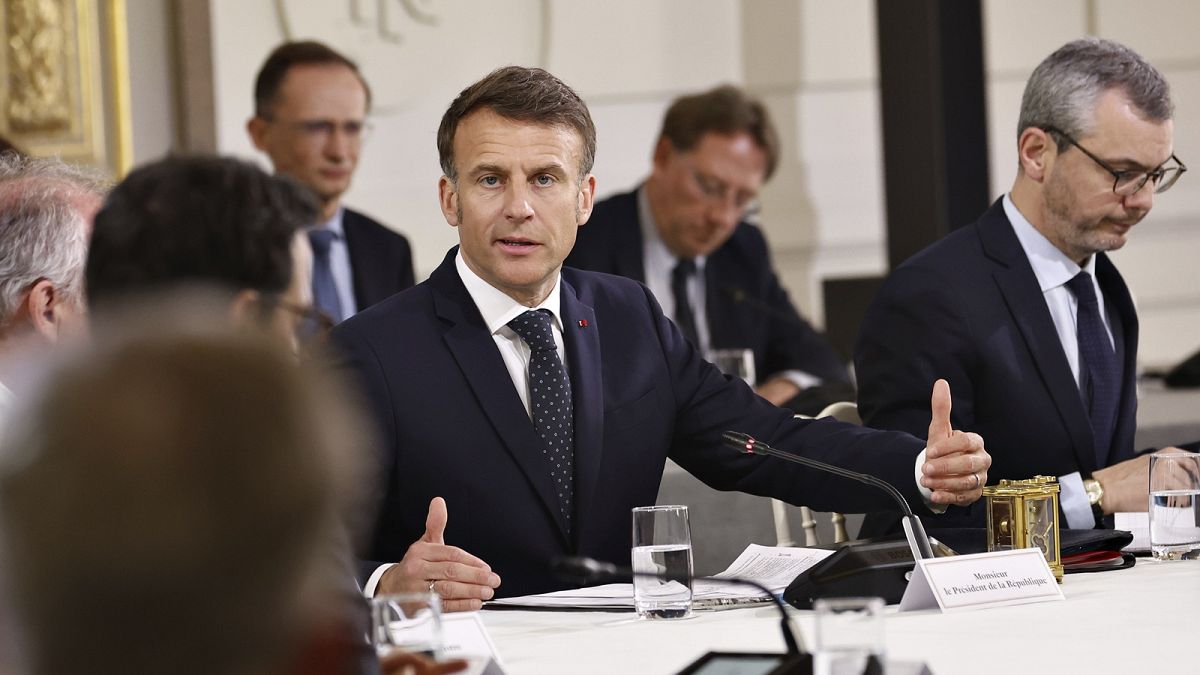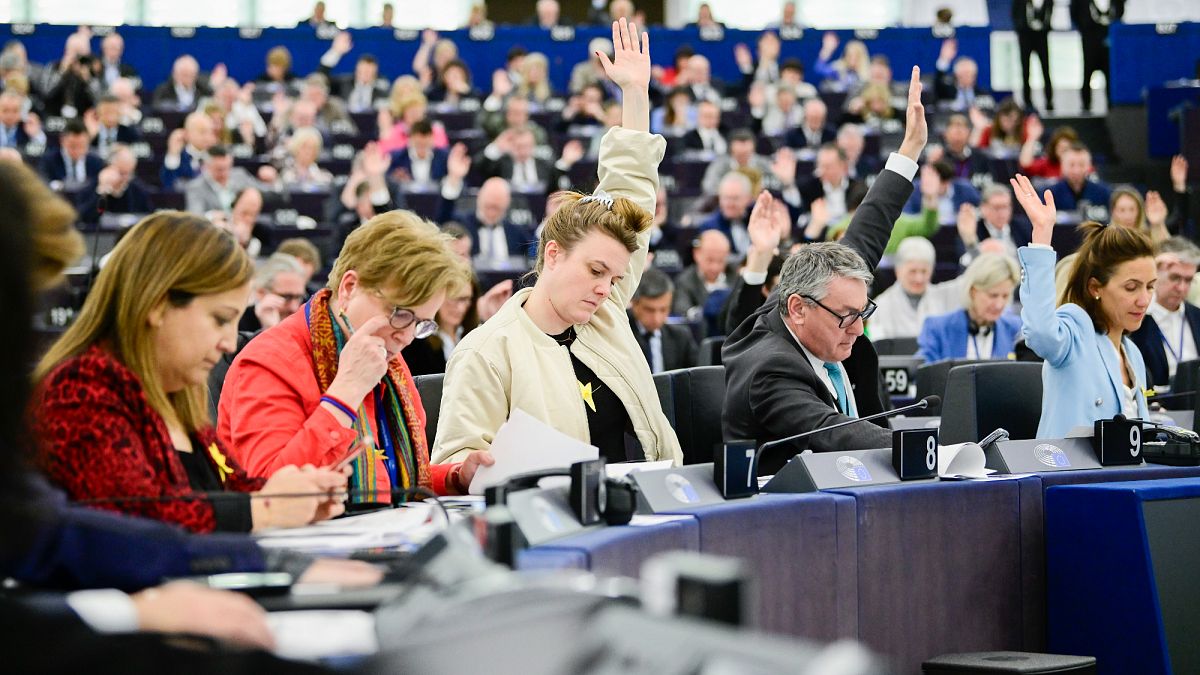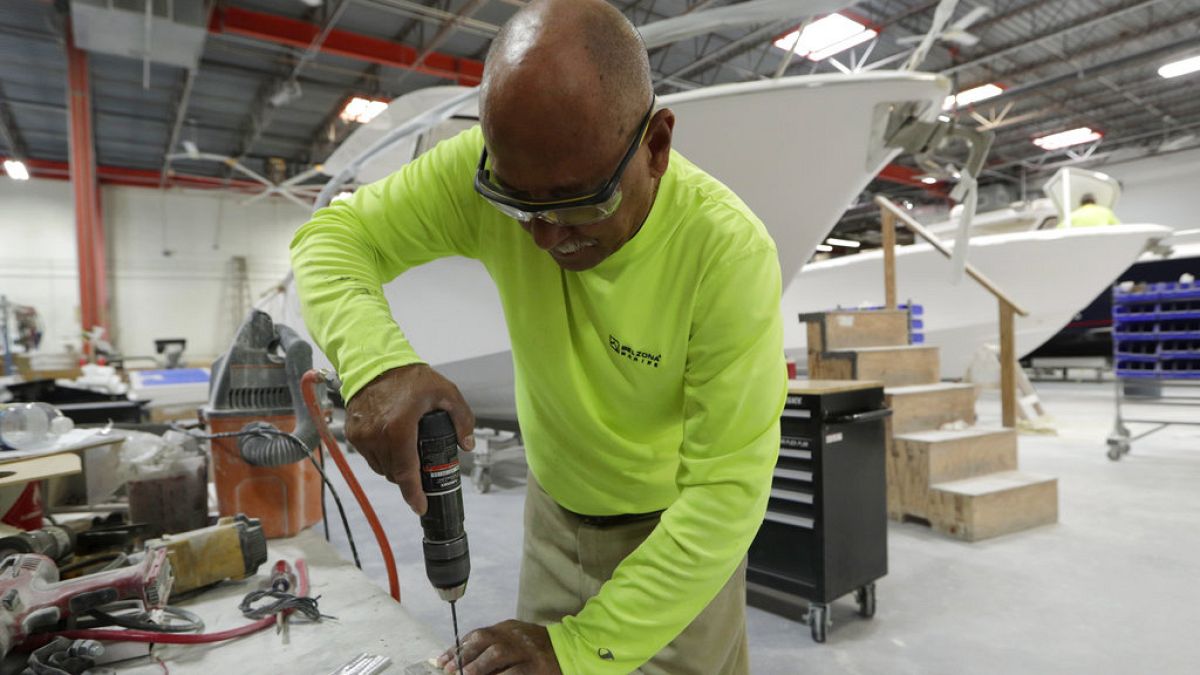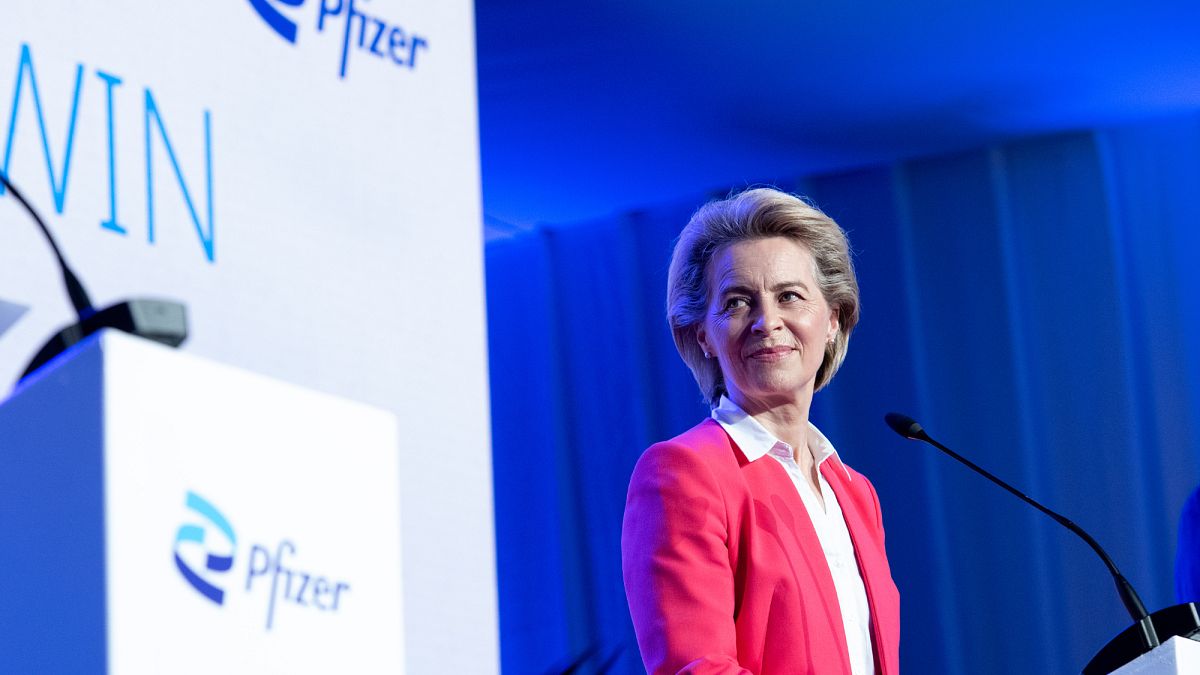Euroconsumers, a consumer rights advocacy group, has raised concerns about the lack of transparency in the algorithms behind dynamic pricing. This issue could soon be addressed in the upcoming EU law on online consumer protection.
Online 'dynamic pricing' mechanisms rely on opaque algorithms and confuse buyers, according to a report published by a European consumer group today, adding to a growing tide of opposition to the practice.
Such dynamic pricing enables companies to adjust prices - especially for events - based on market demand, often using algorithms.
The issue was highlighted in September, when tickets for the pop group Oasis in Ireland and the UK sold for more than €400, despite the base price being set at €86 in Ireland — a price that thousands of buyers only discovered after hours of waiting in queues.
Frustration with the hiked costs triggered MEPs from across the political spectrum to call on the European Commission to halt so-called dynamic pricing for ticketing of concerts and other cultural events, and the launch of investigations by the UK's Competition and Markets Authority and the Competition and Consumer Protection Commission (CCPC).
In its report on Monday, Euroconsumers acknowledged that dynamic pricing may sometimes benefit consumers, delivering lower prices for 'out-of-season' purchases and demand-side flexibility in the energy sector.
In many other cases such as in the case of the Oasis concert prices only rise, the report found, offering no advantage to consumers, and potentially distorting the market.
While dynamic pricing itself is not illegal, its consequences can be problematic. In 2020, the European Commission ruled that Amazon's similar practices constituted an abuse of market dominance.
Current EU regulations, such as the Unfair Commercial Practices Directive, Consumer Rights Directive, and Price Indication Directive, do not directly address dynamic pricing.
Euroconsumers has proposed measures to better protect consumers, including banning price changes once a purchase process has begun and requiring clear explanations on websites about the use of dynamic pricing. The group also calls for enforcement mechanisms and sector-specific bans on the practice.
MEPs led by Italy's Pierfrancesco Maran (S&D), have called for regulation of dynamic pricing.
The issue was also raised during the confirmation hearing of Irish Commissioner-designate for Justice, Michael McGrath, who acknowledged that while dynamic pricing isn't inherently illegal, some aspects may constitute unfair commercial practices.
He said he was open to including the issue in the forthcoming Digital Fairness Act, an EU law in the pipeline which aims to strengthen online consumer protection.
A Commission representative informed the European Parliament’s Internal Market and Consumer Protection Committee last week that a call for evidence and an impact assessment will be conducted in 2025 to determine what will be included in the Digital Fairness Act.

 4 months ago
47
4 months ago
47






 We deliver critical software at unparalleled value and speed to help your business thrive
We deliver critical software at unparalleled value and speed to help your business thrive






 English (US) ·
English (US) ·